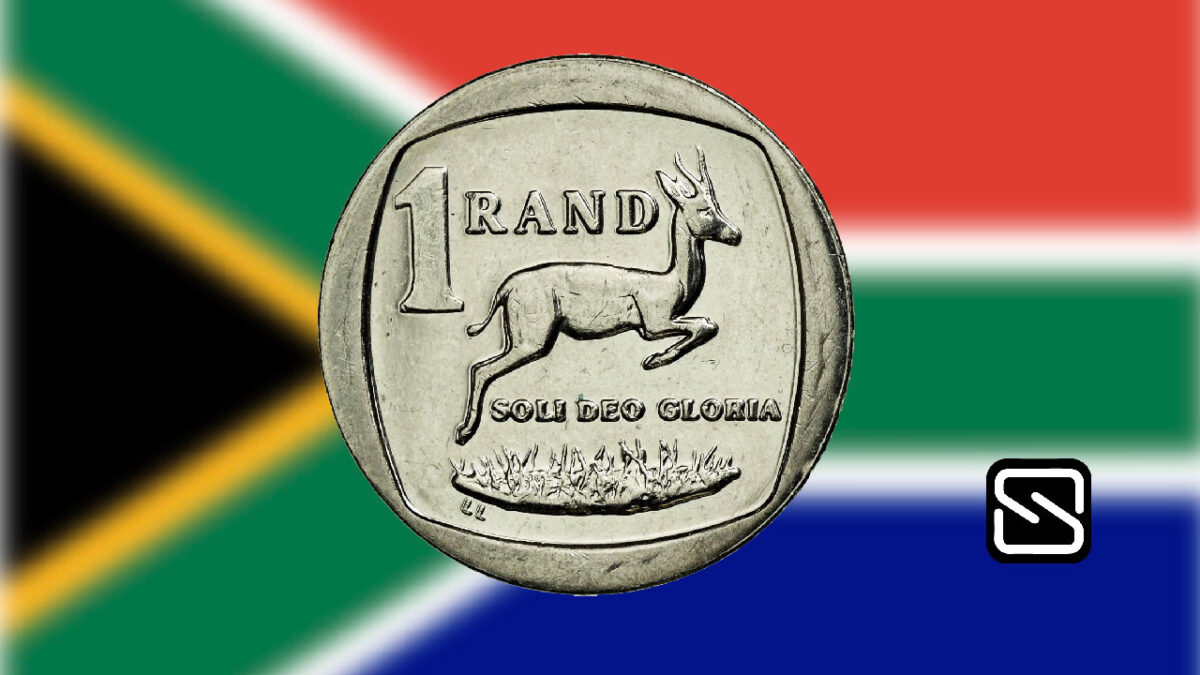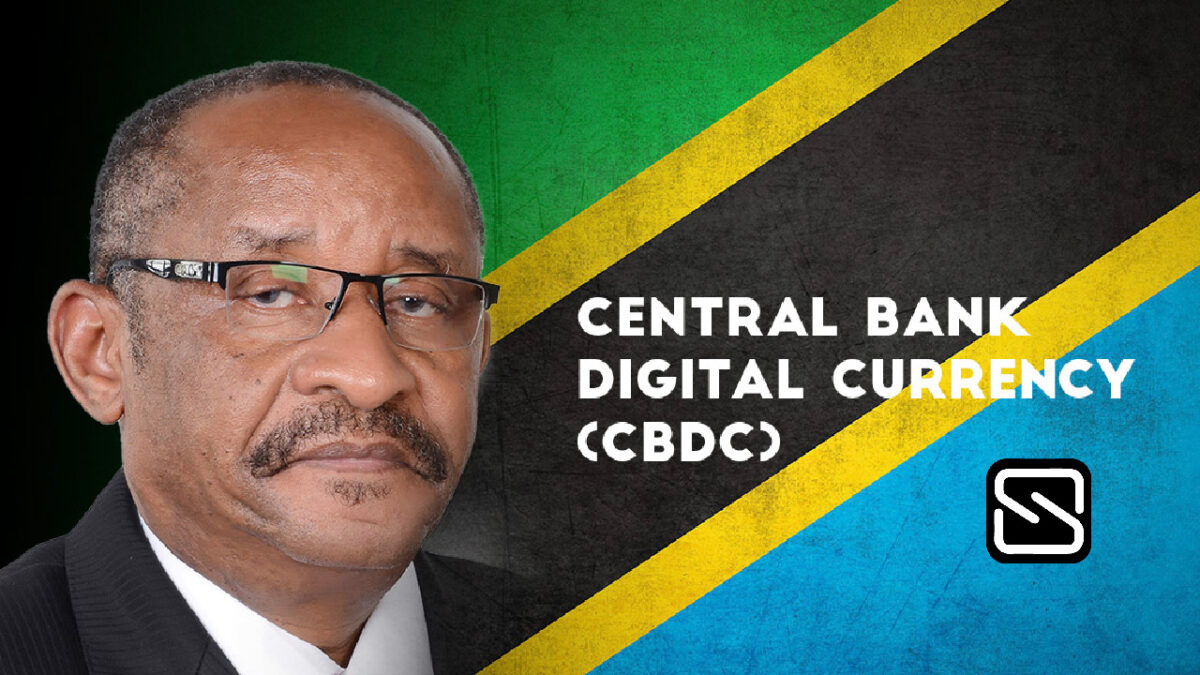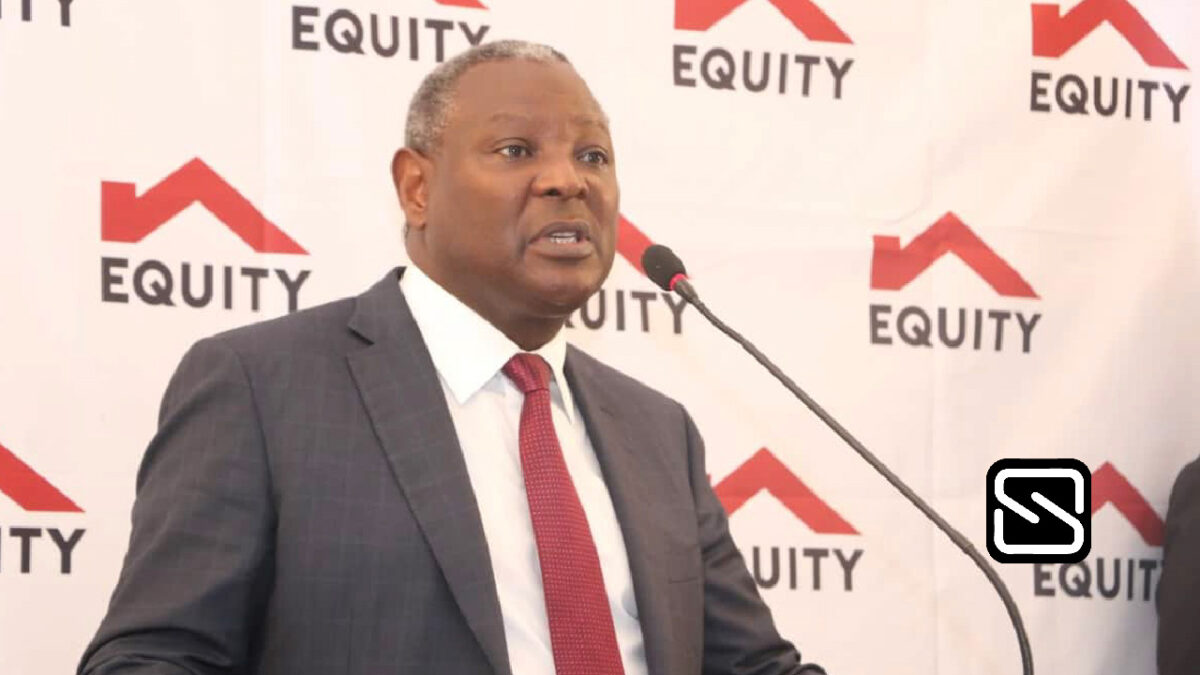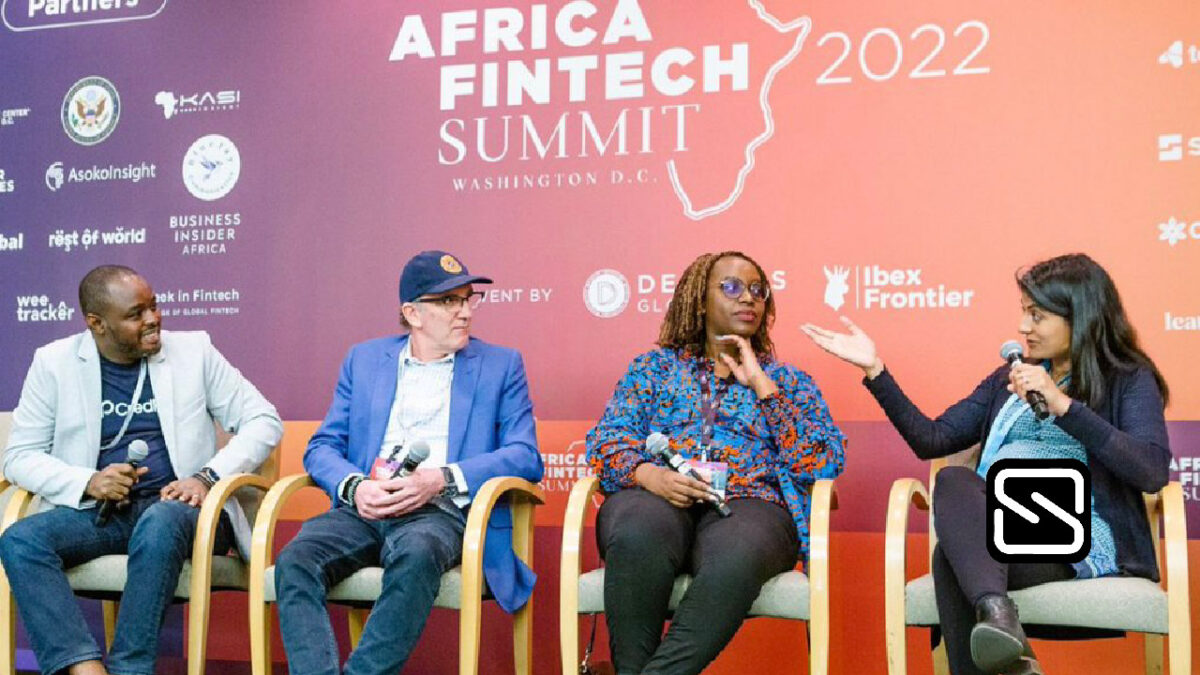Denis Manturov, the Russian Federation’s Minister of Industry and Trade, recently stated that legalizing bitcoin and other cryptocurrencies in Russia is only a matter of time.
When asked whether Russia would legalize bitcoin or any other cryptocurrency during an educational event called New Horizon, Manturov said:
“The question is when it will happen, how it will happen, and how it will be regulated. Now both the Central Bank and the government are actively engaged in this.”
While Russian officials are currently debating the future of cryptocurrencies and mining, the Bank of Russia advocated for a complete ban on cryptocurrency last year, citing systemic risks to the current financial system.
The Ministry of Finance, on the other hand, has still emphasized that cryptocurrencies should be legal and well-regulated. Additionally, President Vladimir Putin has urged regulatory authorities to reach a consensus on the issue because of Russia’s natural resource advantages.
“But everyone tends to understand that this is a trend of time, and sooner or later, in one format or another it will be carried out,” said Manturov at the New Horizon event. “But, once again, it should be legal, correct, in accordance with the rules that will be formulated.”
While Russian officials are currently debating the future of cryptocurrencies and mining, the Bank of Russia advocated for a complete ban on cryptocurrency last year, citing systemic risks to the current financial system.
The Ministry of Finance, on the other hand, has argued that cryptocurrencies should be legal and well-regulated, and President Vladimir Putin has urged regulatory authorities to reach a consensus on the issue because of Russia’s natural resource advantages.









